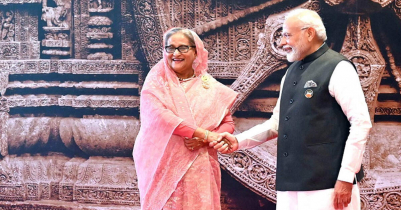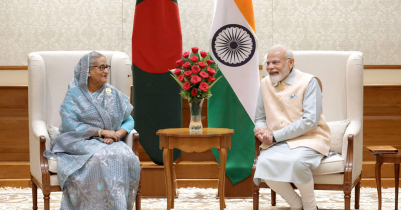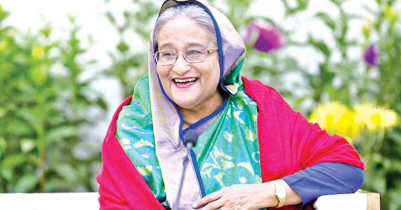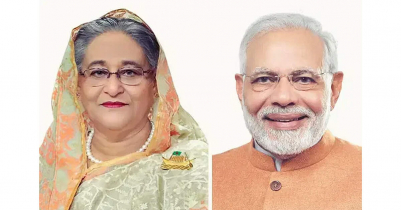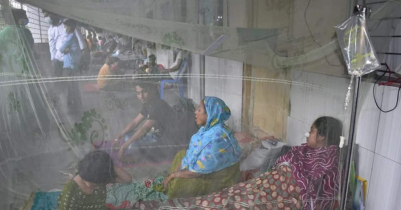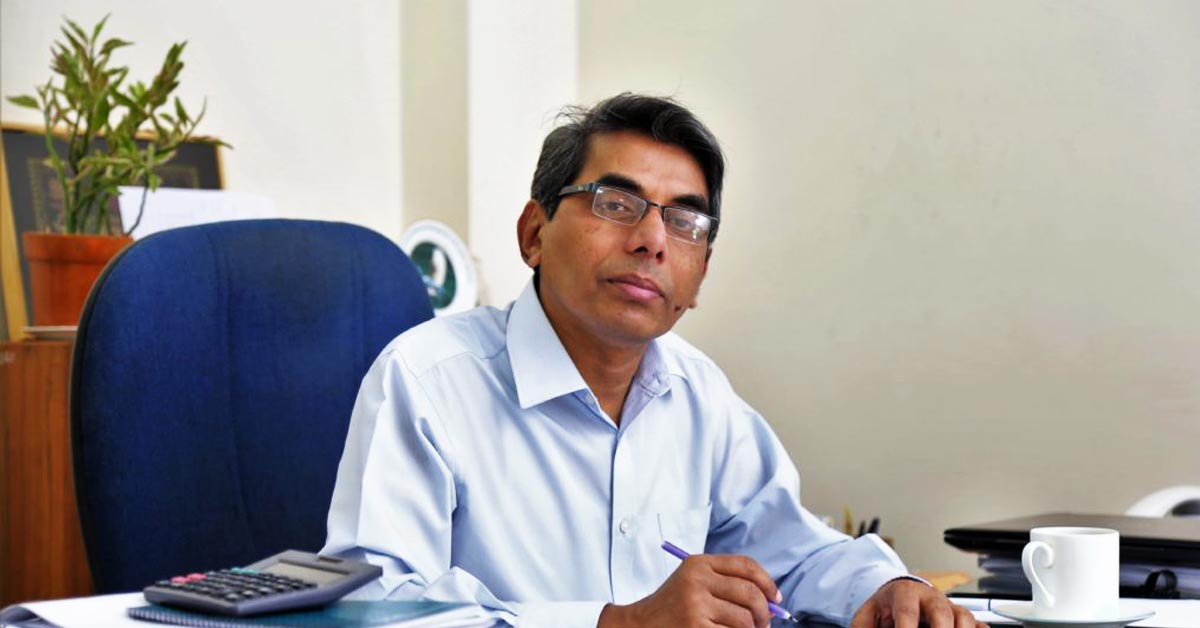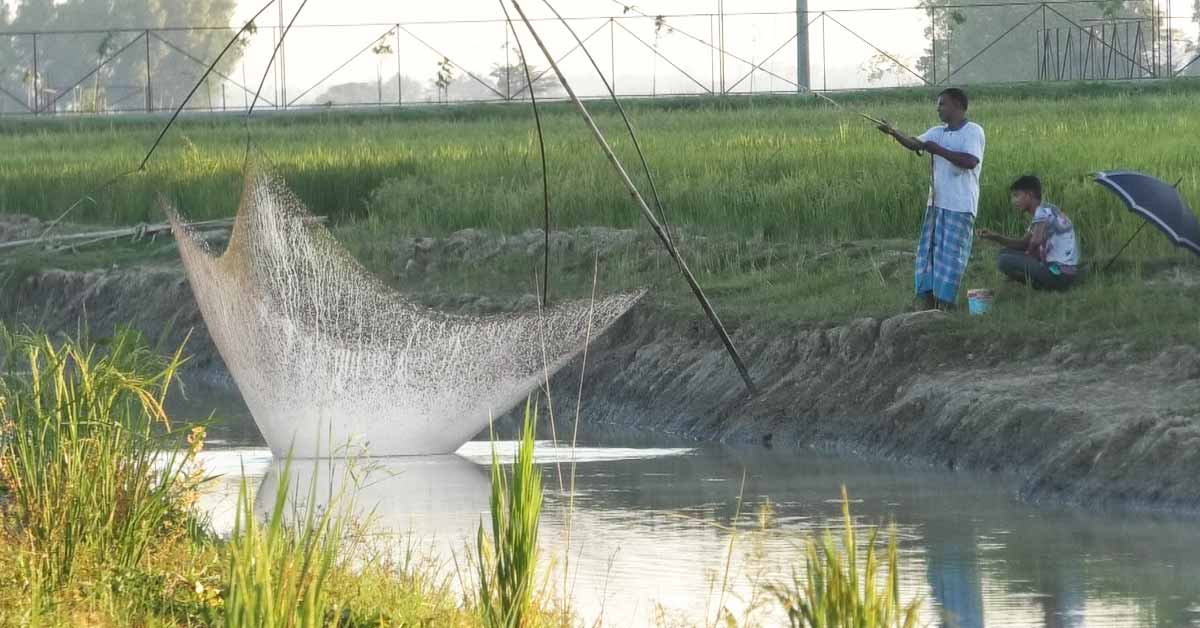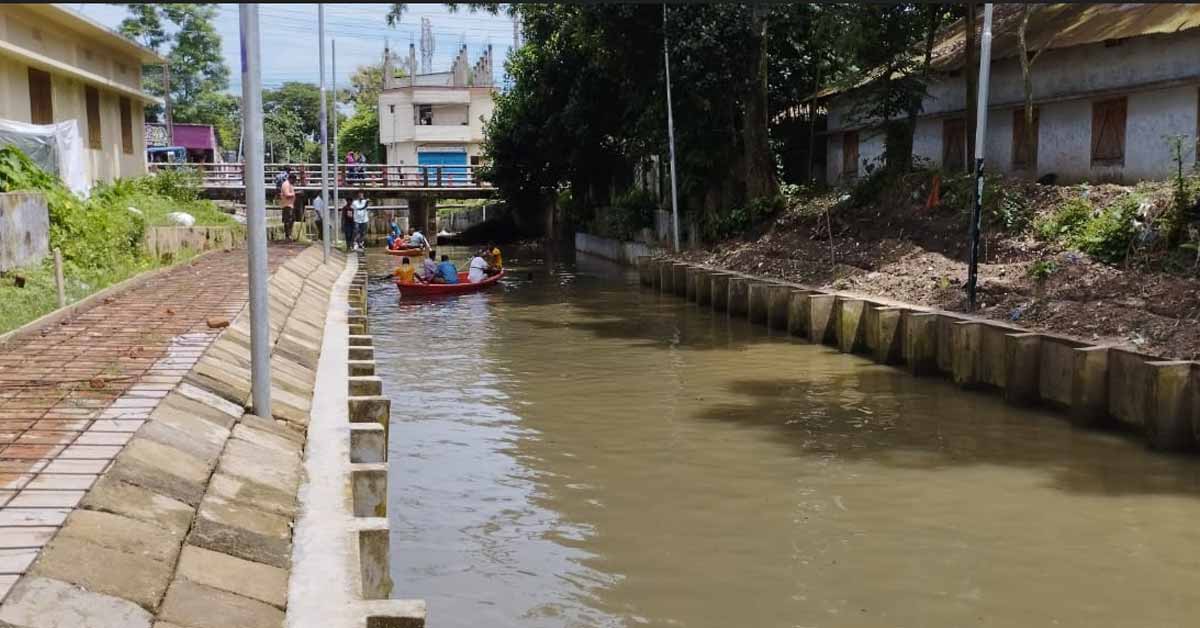Staff Reporter
Budget FY 2023-24: Prices up, prices down
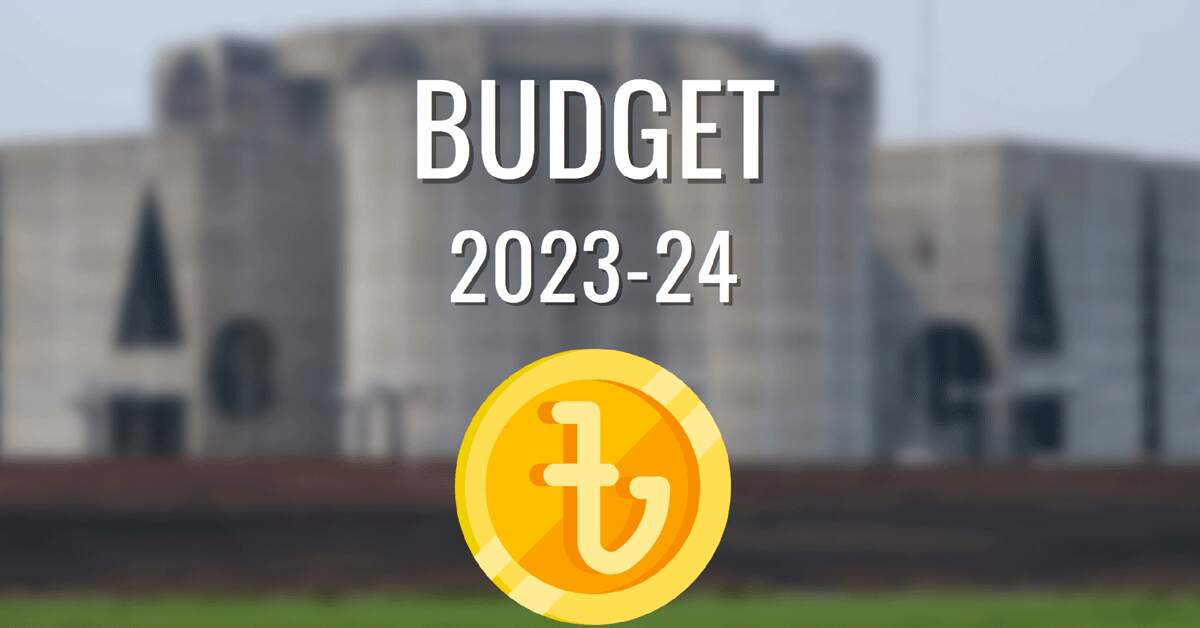
Finance Minister AHM Mustafa Kamal has proposed changes to duties on different products, which will result in an increase or decrease in their prices. He unveiled a Tk7,61,785 crore (approximately $7.1 billion) national budget for the 2023–24 fiscal year in the national parliament.
In the proposed budget, the prices of these products are expected to change:
Prices may go up
Household items: The prices of various plastic and aluminum household items, including towels, toilet tissue, napkins, facial tissues/pocket tissues, and paper towels, and other essential products, are increasing as the Value Added Tax (VAT) rate on these items has been raised from 5% to 7.5%. Similarly, VAT on aluminium-made household items and utensils has also been increased. This adjustment in VAT may lead to a potential hike in tissue paper prices.
Gas cylinders: Additional duties imposed on imported steel and welding wire for cylinder production in the budget, VAT increased at the production stage. This could potentially lead to price hikes in the cylinder market.
Basmati rice: Many people have a preference for indulging in biryani and tehari during their weekly holidays or festive occasions. However, enjoying these beloved dishes now comes with an additional cost. The main ingredient of biryani and tehari, basmati rice, is now subject to VAT upon import, leading to a potential increase in the price of rice. Consequently, the cost of biryani and tehari may also rise accordingly.
Cashew nuts: Many eat cashew nuts for health benefits. To encourage cashew cultivation in the country, the import duty on cashew nuts has been increased from 15% to 43%. As a result, the price of imported cashew nuts may rise.
Dates: Many consume dates for good health. In the budget, a 25% duty is being imposed on the import of fresh and dried dates, along with an additional 15% VAT. This step is primarily taken to curb duty evasion. However, this move could potentially increase the price of dates.
Imported fruits: Tariffs on various types of fruits and nuts likely to increase.
Cigarette: The prices of all types of cigarettes may rise in the budget. The cost of a pack of low-tier cigarettes (such as Hollywood, Derby) is now Tk90, while mid-tier brands (like Star, Navy) cost Tk134. Premium brands (like Gold Leaf) are priced at Tk226, and the prices of top-tier cigarettes (such as Benson, Marlboro) have been set at Tk300. Additionally, the prices of tobacco-based products are set to increase as well. However, the prices of bidi may remain unchanged.
Mobile Phones: IMF recommendations have led to imposing VAT on mobile phones in the budget to increase revenue. Currently, mobile phone production receives VAT exemption, with a 2% VAT imposed. However, at the import stage, the VAT rate has increased from 3% to 5%, and an additional 5% to 7.5% VAT is imposed. As a result, prices of mobile phones may increase soon.
Pen: The cost of purchasing pens for children will increase. Currently, there is no value-added tax (VAT) imposed on pen production, but there is a proposal to introduce a 15% VAT on pens. This could lead to an increase in the price of pens.
Eyewear: The import duty on eyewear frames and sunglasses has been raised from 5% to 25%, while the VAT on production has been increased from 5% to 7%. As a result, prices of all types of eyewear are expected to escalate.
Sand paper: The import tariffs on paper are also being raised, resulting in potential price hikes for paper products.
Glue: The imposition of additional taxes on broken items repair, such as glue or adhesive, may lead to increased costs. As a result, the prices of such products might rise.
Bicycle: Tariffs on bicycle components are being increased, potentially leading to higher prices for environmentally-friendly modes of transportation.
Cars: New taxes could be imposed on luxury cars in the upcoming budget year. This may further increase the prices of luxury cars. Currently, a supplementary duty of 200% is imposed on cars imported from 2,001CC to 3,000CC. This could be increased by 250%, and for cars ranging from 3,001CC to 4,000CC, the applicable supplementary duty could be raised to 350%, an increase of 500%. Cars with an engine capacity exceeding 2,000CC are generally classified as SUVs. Currently, a large number of SUVs or SUV models are being imported into the country.
Building materials: Cost of house construction is expected to increase as well. The main ingredient for house construction, clinker, currently incurs a duty of Tk500 per tonne for import, which is being raised to Tk700 per tonne. This could lead to an increase in the price of cement. Imported tiles used in residential buildings are also facing a removal of tax benefits. As a result, the prices of imported tiles may rise. Although in the past year, the prices of rod, cement, bricks, and other materials have already increased. It is possible that VAT on certain cement products may increase in the upcoming budget.
Lift, escalators: The price of imported elevators and escalators may increase in the proposed budget of 2023-24 fiscal year. Accordingly, the duty on the import of moving stairs or escalators will increase from 1% to 15%. To protect the domestic industry, the import duty on lift equipment is proposed to be increased from 5% to 15%. This may increase the price of foreign elevators.
Flat registration: Rajdhani Unnayan Kartripakkha (Rajuk) and Chittagong Development Authority (CDA) have increased the tax for land registration in the area, ranging from 3% to 4% and potentially reaching 4% to 5% respectively. Additionally, there may be an increase in the capital gains tax for flat sales. As a result, there will be additional expenses in both areas starting from the next fiscal year.
Foreign trips: In order to meet the increased demands in the budget for the fiscal year 2023-2024, the government is considering imposing an additional charge of Tk300-500 on travellers going abroad. This could lead to an increase in the costs of travelling to and from foreign countries. However, those who travel abroad for Hajj or medical purposes will continue to enjoy the same benefits as before.
Software: The prices of imported software increased as import duty has increased from 5% to 25% in the proposed budget for the next 2023-24 fiscal year. Additionally, a 15% Value Added Tax (VAT) has been imposed on software imports.
Additionally, prices of polypropylene film, plastic household products, printer, scanner, router, earphones, SSD card, CCTV monitor, projector, digital watch, electric panel, processed foods, facewash and titanium dioxide will be increased as well.
Prices may go down
Agricultural machinery: Local production of agricultural machinery and equipment may decrease at the local level due to the exemption of tariffs and the cost of manufacturing agricultural machinery.
LED bulbs: The prices of domestic LED bulbs and Swiss sockets may also decrease. Import duties and supplementary duties currently account for 20-25% of the cost, which is proposed to be reduced by 10-5% in the upcoming budget. This reduction in tariffs can lead to a comparative decrease in the prices of domestic LED bulbs and Swiss sockets.
Meat and meat-based products: The upcoming budget may propose categorizing meat and meat products as essential commodities. The aim is to reduce the prices of these products, which have been rising beyond the reach of low and middle-income consumers. The advance income tax on these products may be reduced from 7% to 2%. Lowering the advance income tax can potentially result in a decrease in the price of meat.
Sweet: Sweet are now included in the list of reduced prices. The VAT on sweetmeats has been lowered from 15% to 7%. Additionally, VAT reductions are also being applied to certain other national packaged goods.
Imported clothes: In the upcoming budget, there may be a reduction or exemption of duties on imported foreign clothing. According to NBR sources, the tax rate on these products could be reduced by 20-25% to 5-10%. As a result, if the tax on luxury clothing is reduced, these garments can be obtained at a lower price.
E-commerce expenses: Currently, e-commerce businesses are required to pay a 5% tax rate on their sales (MUSAK), a 15% VAT rate on delivery charges, and a 5% VAT rate on house rent. By considering the demands of e-commerce businesses, it is possible that a 5% VAT exemption can be granted on sales. This would result in a decrease in delivery charges if e-commerce platforms receive VAT exemptions.
Medical Supplies: The government may consider exempting duties on the import of raw materials for the production of medicines and medical supplies in the budget. The import of raw materials for anti-cancer and anti-diabetic medicines could be included in the scope of duty exemption.
Sanitary Napkins: Similarly, sanitary napkins, diapers, and toilet tissues could see an extension of the VAT exemption period to one year as essential items for public health and hygiene. According to sources, the government may extend the VAT exemption on sanitary pads and diapers until 30th June 2024, with the aim of boosting local production and supporting further development in the relevant industry.
Soap and Shampoo: The current 5% VAT relief on raw materials for soap and shampoo production, specifically lab-sourced and SLES (Sodium Laureth Sulfate), may also be extended for another year.
Additionally, the prices of diapers, silicon tubes, optical fibre cables, hot rolled steel and cold rolled steel will go down as well.
Read More
- Bongo Bazar fire in international media
- Maj Gen Abul Hasnat new Bangladesh ambassador to Libya
- Advance bus ticket sales for Eid-ul-Azha begin on Jun 13
- Leave to appeal dismissed : case against Dr Yunus to continue
- High Court grants bail to Mamunul Haque
- Sheikh Hasina`s home-coming day today
- Dr. Zafrullah Chowdhury is no more
- After 5 days the price of gold increased again
- PM arrives in London to attend King Charles III`s coronation
- Dhaka’s air ninth most polluted in the world





